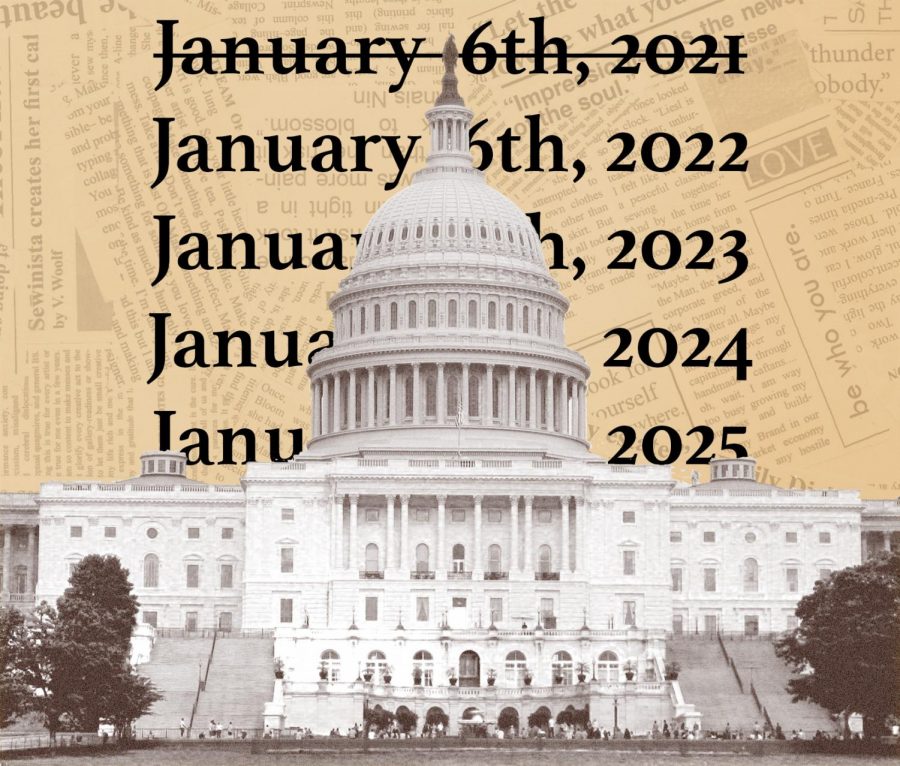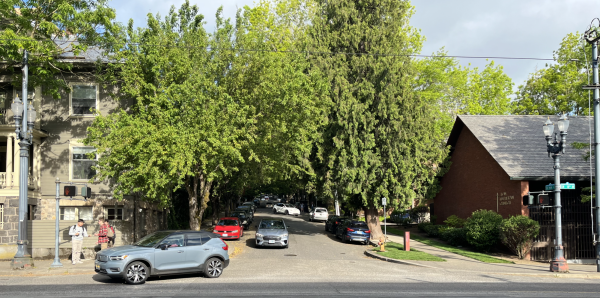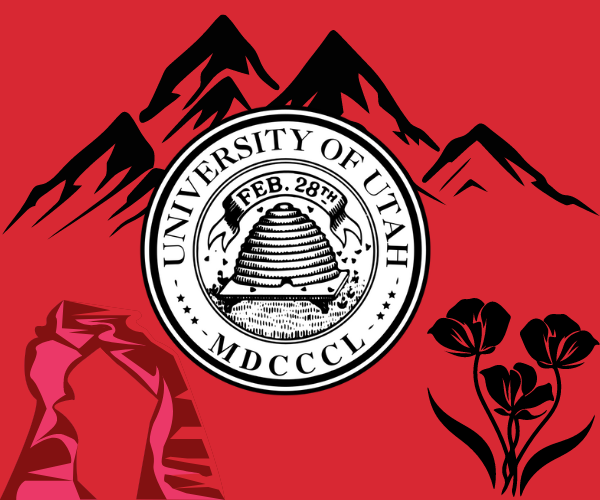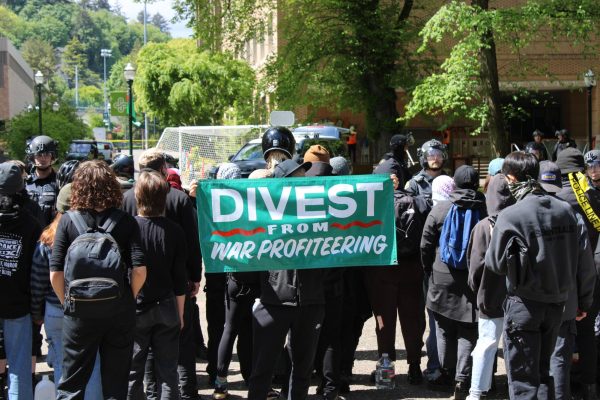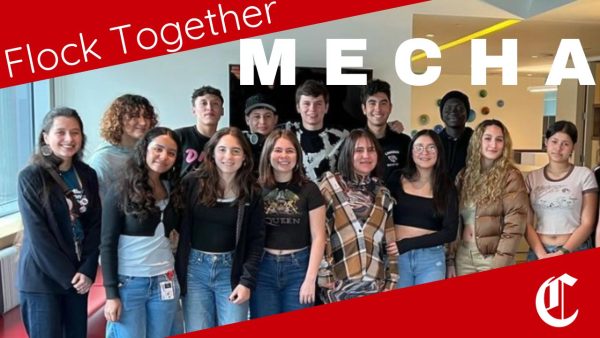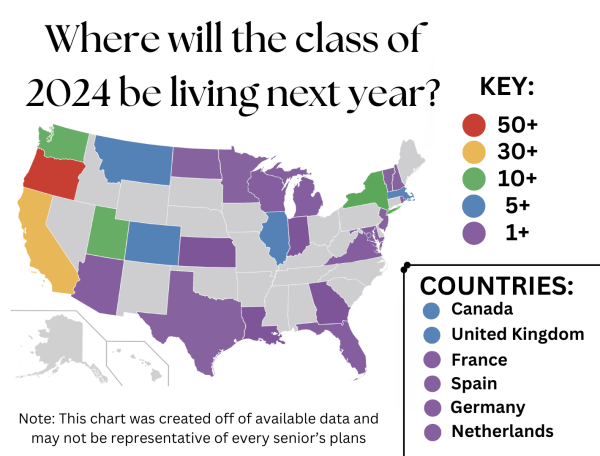One year later, Lincoln students reflect on Jan. 6 Capitol attack
The beginning of January marks the one year anniversary of a domestic terrorist attack against the Capitol of the United States.
It’s been a year since it happened, and Lincoln students haven’t forgotten. On Jan. 6, 2021, the windows and doors of the U.S. Capitol were broken by hundreds of rioters and insurrectionists. Their goals were motivated by conspiracies backed by President Donald Trump, who remained adamant that the election was stolen from him. The events of Jan. 6 resulted in federal criminal charges, six deaths and over a hundred injuries among Capitol police.
As investigations continue on the federal level, predominantly by the Jan. 6 House Select Committee, Lincoln students reflect on the event’s implications.
Sophomore Ekansh Gupta is a member of the Lincoln Socialist Club, which meets during lunch in room 147 to discuss political issues relevant to the community. He says that he felt equal parts sadness and surprise.
“When I learned about what had happened, part of me wasn’t too surprised, and then I felt surprised for not being surprised. It was just sad, how delusional people can be,” Gupta said.
Gupta believes that blame for the event, while mostly attributed to the lies Trump and his party had spread, goes partly to social media platforms that helped propel election conspiracies.
“If the Republican Party and Trump didn’t try to lie to their base, Jan. 6 would not have happened. There simply wouldn’t be enough people, the building never would have been breached, democracy wouldn’t have been attacked… but social media’s complacency with these conspiracies was a big part in this issue,” Gupta said.
Sophomore Mateo Cirino didn’t realize the implications of what had happened until later in the day.
“When I heard about it in class and from my parents, I didn’t realize how severe it was. Later in the day though, I thought about how unprecedented breaking into the Capitol is,” Cirino said.
Cirino theorizes that extremism caused what happened on Jan. 6.
“We’ve gotten used to extremism. People are so separated ideologically, and so dedicated to their own, that they will kill each other over it. In a world like that, something was bound to happen,” he said.
A poll taken in November of 2021 by the Public Religion Research Institute (PRRI) found that 68% of Republicans (or 31% of Americans) believe that the election was stolen from Donald Trump. This number has stayed constant throughout the last year. The staying power of this belief leads people to believe that what happened on Jan. 6 was not the culmination of anti-democratic thought, but the start of it. Despite this, Gupta still holds a sense of optimism for the future.
“I have to hold a sense of optimism, otherwise we won’t be able to deal with existential issues like climate change. I can’t live with the belief that things aren’t going to get better,” Gupta said. “Because if they don’t get better, the only other path is extinction. I can’t accept that.”

